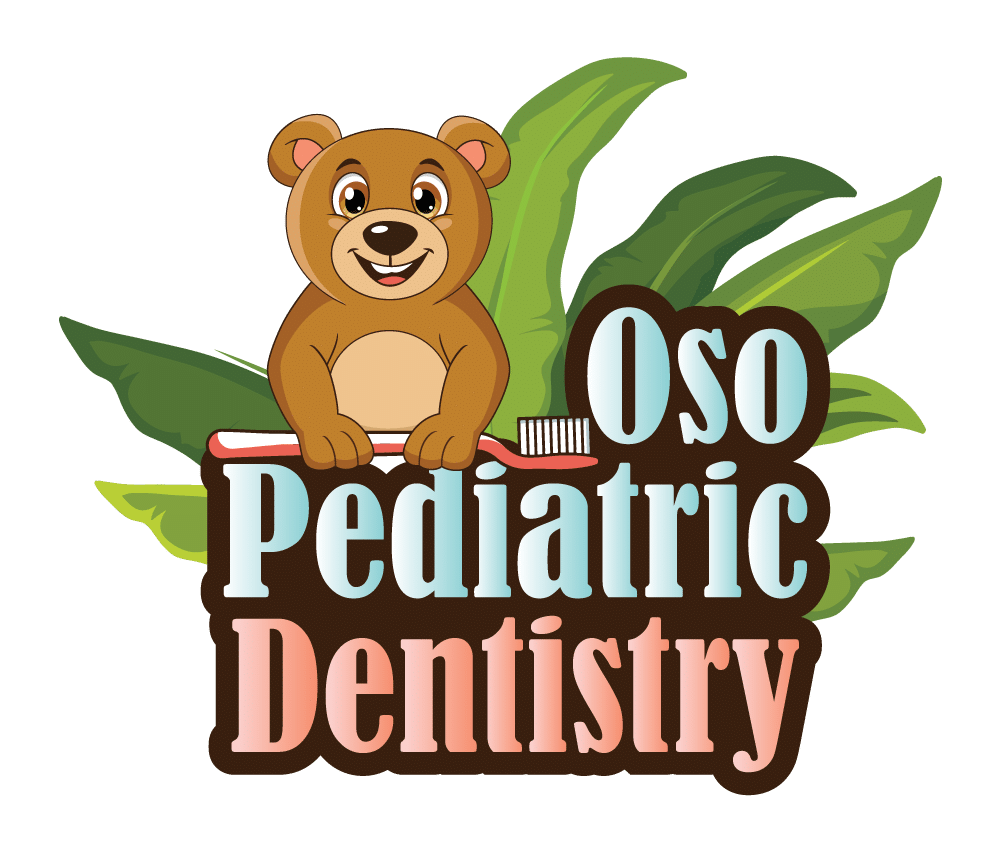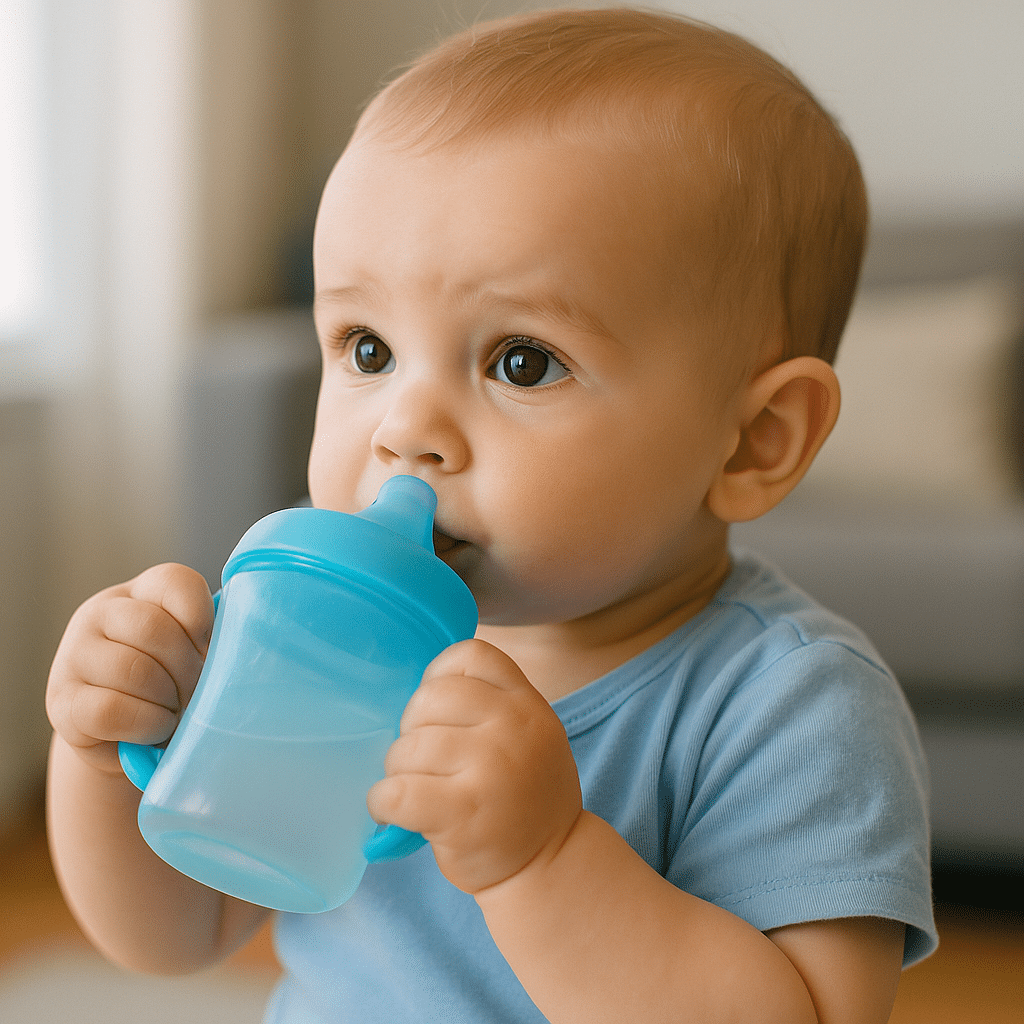Bottles and sippy cups are staples in early childhood. They’re convenient, mess-free, and easy for little hands to hold. But when used incorrectly—or for too long—they can have a lasting impact on your child’s dental health.
One of the most serious risks is baby bottle tooth decay, a condition that affects the front teeth and can lead to pain, infection, and even premature tooth loss. In this article, we’ll explore the risks of prolonged bottle and sippy cup use, how baby bottle tooth decay develops, and what parents can do to prevent it.
What Is Baby Bottle Tooth Decay?
Baby bottle tooth decay, also known as early childhood caries, occurs when a child’s teeth are frequently exposed to sugary liquids—especially milk, formula, or juice—over long periods.
When a child drinks from a bottle or sippy cup throughout the day or falls asleep with it, sugar sits on the teeth and feeds harmful bacteria in the mouth. These bacteria produce acids that erode enamel, eventually leading to decay, discoloration, and cavities.
The upper front teeth are most commonly affected, but decay can spread quickly if left untreated.
How Bottles and Sippy Cups Contribute to Tooth Decay
While the design of bottles and sippy cups helps prevent spills, it also encourages constant sipping, which bathes the teeth in sugar. The longer teeth are exposed, the greater the risk.
Common habits that increase the risk include:
- Letting your child fall asleep with a bottle or cup
- Using bottles or sippy cups as pacifiers between meals
- Filling cups with juice, sweetened milk, or soda
- Allowing unrestricted access to sippy cups throughout the day
Even natural sugars (like those in milk or fruit) can lead to decay if left on teeth for too long.
The Long-Term Consequences
Untreated decay in baby teeth can lead to:
- Pain and discomfort
- Infection or abscesses
- Premature tooth loss
- Speech development issues
- Misaligned permanent teeth
- Increased need for orthodontic care later
Because baby teeth serve as placeholders for adult teeth, their early loss can cause long-term dental complications.
Tips to Prevent Baby Bottle Tooth Decay
1. Avoid Bedtime Bottles
Never let your child sleep with a bottle or sippy cup unless it contains only water. Saliva production decreases during sleep, which means sugar stays on teeth longer.
2. Introduce a Regular Cup Early
By 12–18 months, begin transitioning your child from bottles and sippy cups to regular open cups. This reduces exposure time and encourages better drinking habits.
3. Limit Sugary Drinks
Avoid filling bottles and cups with sweetened beverages. Offer plain milk at mealtimes and water throughout the day. Reserve juice for occasional use and serve it in small portions with meals.
4. Practice Good Oral Hygiene
- Clean your baby’s gums with a soft cloth before teeth emerge.
- Brush your child’s teeth twice daily using a smear of fluoride toothpaste.
- Floss once two teeth touch.
- Schedule regular dental checkups starting by age 1.
5. Don’t Let Bottles Replace Meals
Use bottles and sippy cups only during meals and snack times. Avoid letting children walk around with them throughout the day.
When to Call the Dentist
Watch for signs of decay, such as:
- White or brown spots on teeth
- Bad breath
- Red or swollen gums
- Pain when eating
- Fussiness around the mouth
If you notice any of these symptoms, contact your pediatric dentist promptly. Early treatment is easier and more comfortable.
Gentle Preventive Care at OSO Pediatric Dentistry
At OSO Pediatric Dentistry, we help families build strong, healthy dental habits from the start. Our team offers guidance on nutrition, bottles, sippy cups, and brushing techniques—plus gentle exams and preventive treatments.📞 Call us today at (805) 204-2910 to schedule your child’s next dental visit and get expert support in preventing baby bottle tooth decay.

